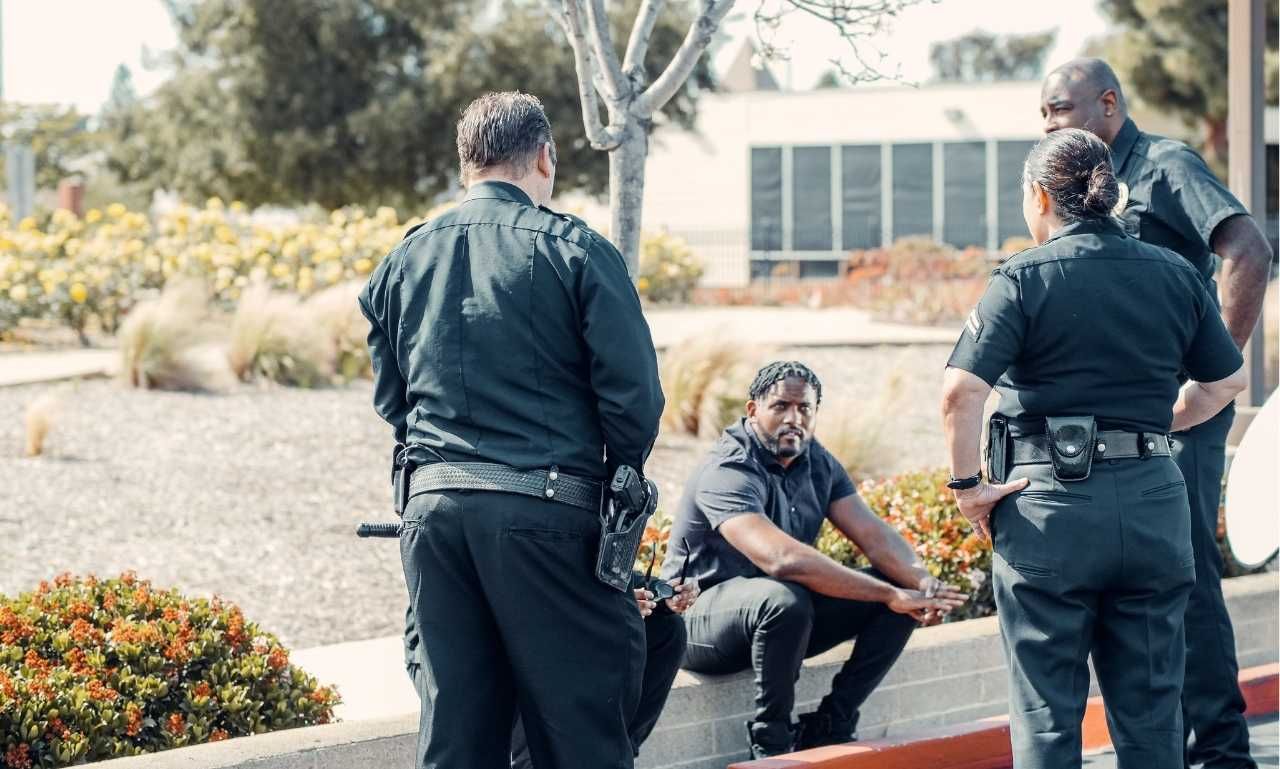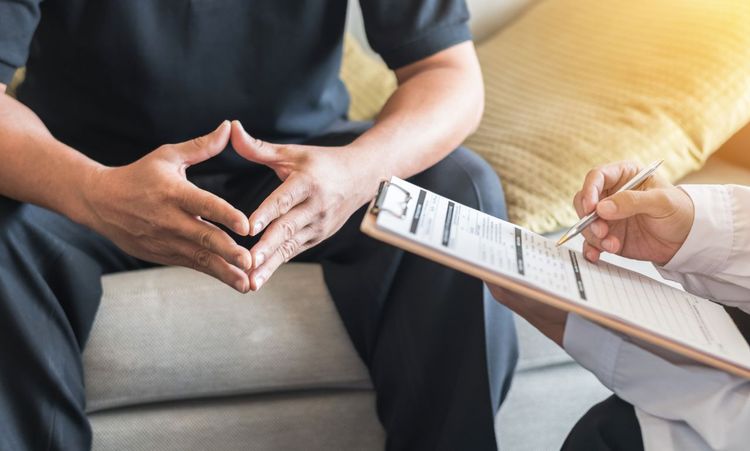Has someone you care about with mental health challenges gone missing? When a person with mental health issues goes missing, it can be terrifying for their loved ones. Mental illness can sometimes cause individuals to become disoriented or disconnected from their usual surroundings. It's essential to act quickly and know what steps to take. In this article, we'll explore the actions you should take if someone with mental health issues is missing and how you can find them.
What To Do If Someone With Mental Health Issues Is Missing?

The first 48 hours are absolutely crucial. You might feel overwhelmed, but having a clear action plan makes all the difference. Let's break down the essential steps you need to take right away.
Contact Local Law Enforcement
Your first move should be calling the police. Don't worry about waiting – there's no mandatory waiting period for reporting someone missing.
Did you know many police departments now have specialized mental health units? These teams understand the unique challenges your loved one faces.
Make the report as detailed as possible. Share recent photos, medication needs, and any concerning behaviors you've noticed lately.
Here's what the police need to know right away:
- Physical description and recent photos
- Any medications they need and the consequences of missing doses
- Places they frequently visit or might seek shelter
- Recent changes in behavior or concerning statements
- Names and contact info for their mental health providers
Reach Out to the Person's Support Network
Think of everyone who interacts with your loved one regularly. Each person might have crucial information about their whereabouts. Start with their mental health team. Their therapist or counselor might know about recent triggers or changes in their treatment plan.
Create a contact tree with family members, close friends, and neighbors. Someone might have noticed something important without realizing it. Keep a running log of who you've contacted and what information they've shared. This helps avoid duplicate efforts and keeps everyone coordinated.
Utilize Social Media
Social media can be incredibly powerful in these situations. Create a simple, clear post that can be easily shared across platforms.
Include:
- A recent, clear photo
- What they were last wearing
- When and where they were last seen
- Any crucial medical information
- A reliable contact number for tips
Remember to join local community groups. Many neighborhoods have active Facebook or NextDoor communities eager to help. Monitor responses carefully. Create a spreadsheet to track potential sightings and share credible leads with law enforcement.
Check Local Hospitals and Shelters

Don't skip this step – it's more important than you think. Many people experiencing mental health crises seek help at unexpected places.
Create a list of places to contact:
- Local hospitals and emergency rooms
- Mental health crisis centers
- Homeless shelters and day centers
- Food banks and community kitchens
- Libraries and public spaces
- Transportation hubs
When you visit these places, bring flyers with your loved one's photo. Building relationships with staff members can make a huge difference.
Consider Hiring a Private Investigator
Sometimes, bringing in professional help makes sense. A private investigator can dedicate full-time attention to the search when police resources are stretched thin.
Look for investigators with these qualifications:
- Experience with mental health-related cases
- Strong connections with local law enforcement
- Knowledge of HIPAA and privacy laws
- Access to specialized databases
- Proven track record with similar cases
Ask about their methods and success rates. A good investigator will be honest about what they can and cannot do.
What Are the First Steps to Take When a Person Goes Missing?
Time matters, but staying organized is just as important. Let's create your action plan for those crucial first hours.
Start gathering information immediately:
- Recent photos showing their current appearance
- List of medications and healthcare providers
- Phone numbers for all their regular contacts
- Details about their daily routine
- Places they've mentioned wanting to visit
Create a timeline of their last known activities. Even small details like what they ate for breakfast could become essential clues. Use your phone to take photos of your room and belongings. Sometimes what's missing can tell you as much as what's left behind.
Can Background Checks Reveal Information About Mental Health?
Let's be clear about what information you can and can't access. Privacy laws protect mental health records, but other details might help your search.
What background checks might show:
- Recent addresses and phone numbers
- Employment history
- Public records of recent activities
- Social media profiles
- Professional licenses
Focus on finding current location information rather than medical history. Remember, the goal is finding them safely, not accessing private medical details.
How Do You Find Missing People Who Don't Want To Be Found?
This is tricky territory. We need to balance respecting someone's autonomy with ensuring their safety when mental illness is involved.
Reach Out to Their Friends and Family
Cast a wide net, but do it thoughtfully. Some people might have information they're hesitant to share.
Approach conversations with care:
- Express your concern for their safety
- Avoid blame or judgment
- Listen more than you talk
- Respect confidentiality
- Keep channels of communication open
Sometimes people maintain contact with just one or two trusted friends. Building trust with these connections is crucial.
Check Social Media and Online Profiles

Digital footprints can reveal important clues. Look beyond the prominent social media platforms.
Check these online spaces:
- Professional networking sites
- Gaming platforms
- Online forums about their interests
- Local community message boards
- Review sites for local businesses
- Photo sharing platforms
Pay attention to subtle details in any online activity. Even a "like" on social media can indicate when they were last active.
Contact Law Enforcement
Stay in regular contact with the police, especially if you discover new information. They might see patterns connecting to other cases.
Keep records of:
- Your case number
- Names of officers you've spoken with
- Dates and times of all communications
- Any updates or leads you've provided
- Responses to your information
Conclusion
Finding someone you love who has a mental illness demands patience, persistence, and deep compassion. You are facing demanding work, yet you have support from others. The process requires you to prioritize your well-being. If your loved one has a mental illness, you should become a member of support groups that exist for families facing similar challenges. Your strength matters too.
You should maintain hope as you make constant progress. Extensive family participation in the investigation makes positive outcomes in missing person searches most probable.
Also Read: What Does a Family Law Attorney Do?




